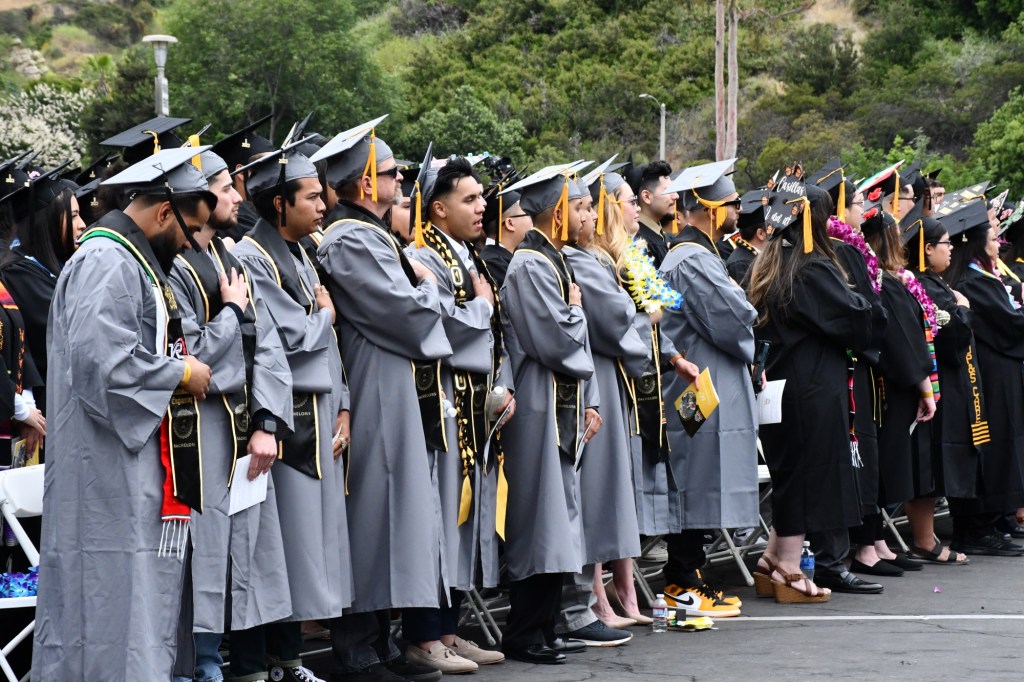For more than a year, the California Community College and the California State University systems have clashed over their respective roles.
The focus of the dispute: Who should be granting bachelor’s degrees?
The Cal State Chancellor’s Office says many community colleges are stepping outside their bounds by proposing bachelor’s programs that duplicate what Cal State campuses already offer. Community colleges disagree.
The issue goes to the core missions of these higher education systems and the boundaries that the state set for them back in 1960.
That’s when California’s Master Plan for Higher Education laid out the roles for each system. For the state’s community colleges, the plan says they were designed to award two-year associate degrees and provide career training, while the Cal State system would offer four-year bachelor’s and master’s degrees and the University of California system would prioritize research and doctoral programs.
Now a new law allows the community college system to approve up to 30 new bachelor’s degree programs each year at any one of the state’s 116 community colleges.
The law, which went into effect last year, has a caveat: Community colleges can only offer bachelor’s degrees in unique fields that no other public four-year campus currently offers. It’s this caveat that is at the root of recent conflicts.
“I understand that CSUs (Cal State University campuses) and UCs may be feeling like community colleges are getting a larger allocation or are stepping into their lane,” said Laura Cantú, vice president of academic affairs for Los Angeles Mission College. “But there’s a reason why California decided that we should allow community colleges to offer some of the baccalaureates (bachelor’s degrees). It’s a way for us to really provide an onramp, a mechanism, for social mobility.”
The Cal State Academic Senate has said it’s worried about losing money in the event that community colleges offer…
Read the full article here






